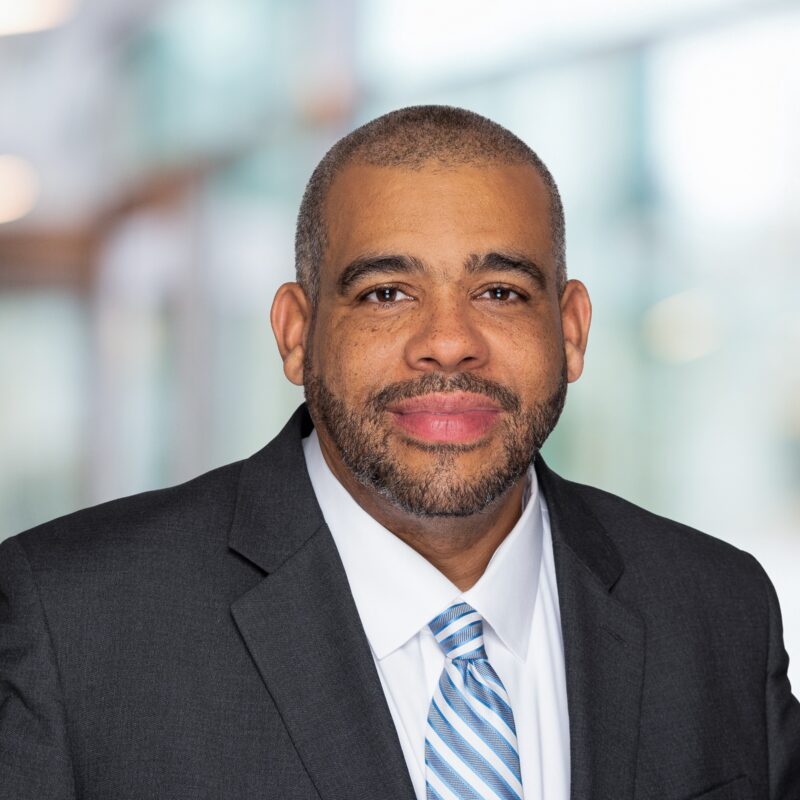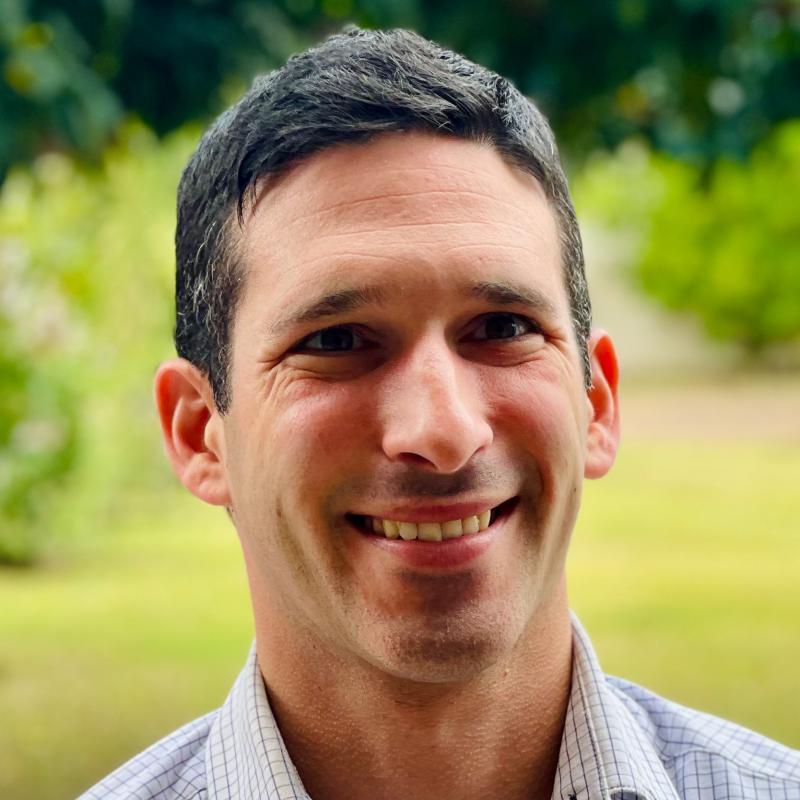Blog
A clarion call for efficient and sustainable solutions to achieve foundational learning
Ben Piper, Luis Benveniste and Noam Angrist
Global education is at a crossroads. For decades, a learning crisis has persisted, with students unable to read or operate basic numbers. This has now been compounded by a fiscal crunch, with over $1 billion lost in development aid to education and many governments grappling with growing debt.
This situation necessitates a rethink. We need efficient and sustainable solutions to improve learning and to ensure scarce education funds are being used in the most effective way possible.
Here’s what we mean by efficient and sustainable:
Efficiency: maintaining a laser-focus on effective, low-cost implementation
We need more evidence-based reforms in education to ensure government efforts have the best chance of success to begin with. Once evidence-based policies are in place, we need strong implementation. Without strong execution, policies and programmes will fail to translate into practice and make a real impact. The return to high-quality execution is enormous: one estimate suggests that the return to implementing known effective programmes can be 10x higher than identifying a new intervention.
How realistic is it to expect high fidelity of implementation of these programmes within stretched and under-resourced government systems? Too often, fidelity of implementation at scale is reduced to a point where impact is no longer detectable.
What strategies can be deployed to support high-fidelity implementation at low cost?
We need targeted implementation research to help answer this question. For example: how can we ensure teacher training and coaching are optimised to be as low cost as possible? Can localised procurement lower costs of textbook provision? How can we better track implementation to make real-time adjustments? What types of tools and technology can enable better implementation measurement? How can principles from some of the most effective interventions, such as Teaching at the Right Level and Structured Pedagogy, become integrated more broadly into daily teaching practice? Answers to these questions can make all the difference for effective and efficient implementation at scale.
Sustainability: doubling down on government partnerships and empowering local leaders
Real, long-term change in education must come from within government systems. Non-governmental organisations and external experts should complement and facilitate government effectiveness, not work separately. Moreover, Ministries of Education need top-tier talent and technical experts as integrated leaders in shaping policy and implementation. Fostering expertise embedded within government systems will go a long way in bridging gaps in technical knowledge and policy execution.
What strategies can be deployed to support further ownership and embeddedness of effective implementation by government systems at all levels?
We have an opportunity to reimagine the future of government partnerships, by elevating and integrating local technical expertise. How can we encourage top talent to join and stay in the civil service? How can NGOs best support government delivery at scale? What role do middle-tier actors play relative to national-level or hyper-local actors?
A defining moment
This is a defining moment for education. The loss of education financing could either be a devastating setback or a catalyst for innovation and transformation. By identifying strategies that encourage efficient implementation while ensuring sustainability, we can build stronger, more resilient education systems.
Governments, educators, and global development partners must act now. Foundational learning is not just about education – it’s about securing our future. All children deserve the opportunity to learn and acquire the skills and knowledge necessary to thrive in work and in life.
As we enter this new era, we are calling for contributions from the sector to build a set of resources and examples which lead the way to improving learning outcomes. This initiative follows in the tradition of influential compendiums such as the Nature Human Behaviour Collections and the Center for Global Development’s The Pathway to Progress on SDG 4: A Symposium.
If you would like to contribute to the compendiums, please email wwhge.proposals@bsg.ox.ac.uk with your proposed contribution. All submissions will be reviewed by a committee.
Piper, B., Benveniste, L. & Angrist, N. 2025. A clarion call for efficient and sustainable solutions to achieve foundational learning. What Works Hub for Global Education. Blog. 2025/010. https://doi.org/10.35489/BSG-WhatWorksHubforGlobalEducation-BL_2025/010
Discover more
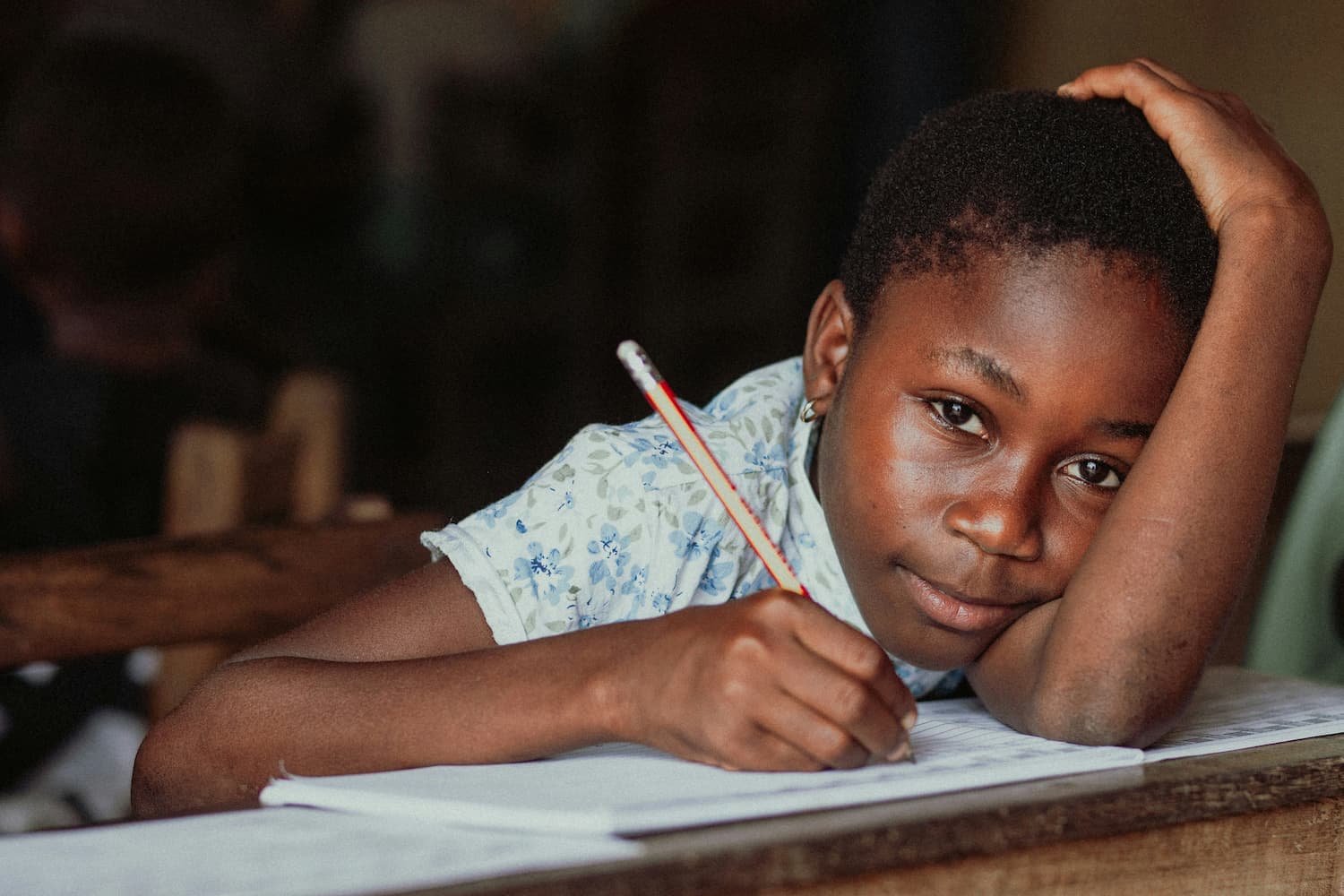
What we do
Our work will directly affect up to 3 million children, and reach up to 17 million more through its influence.
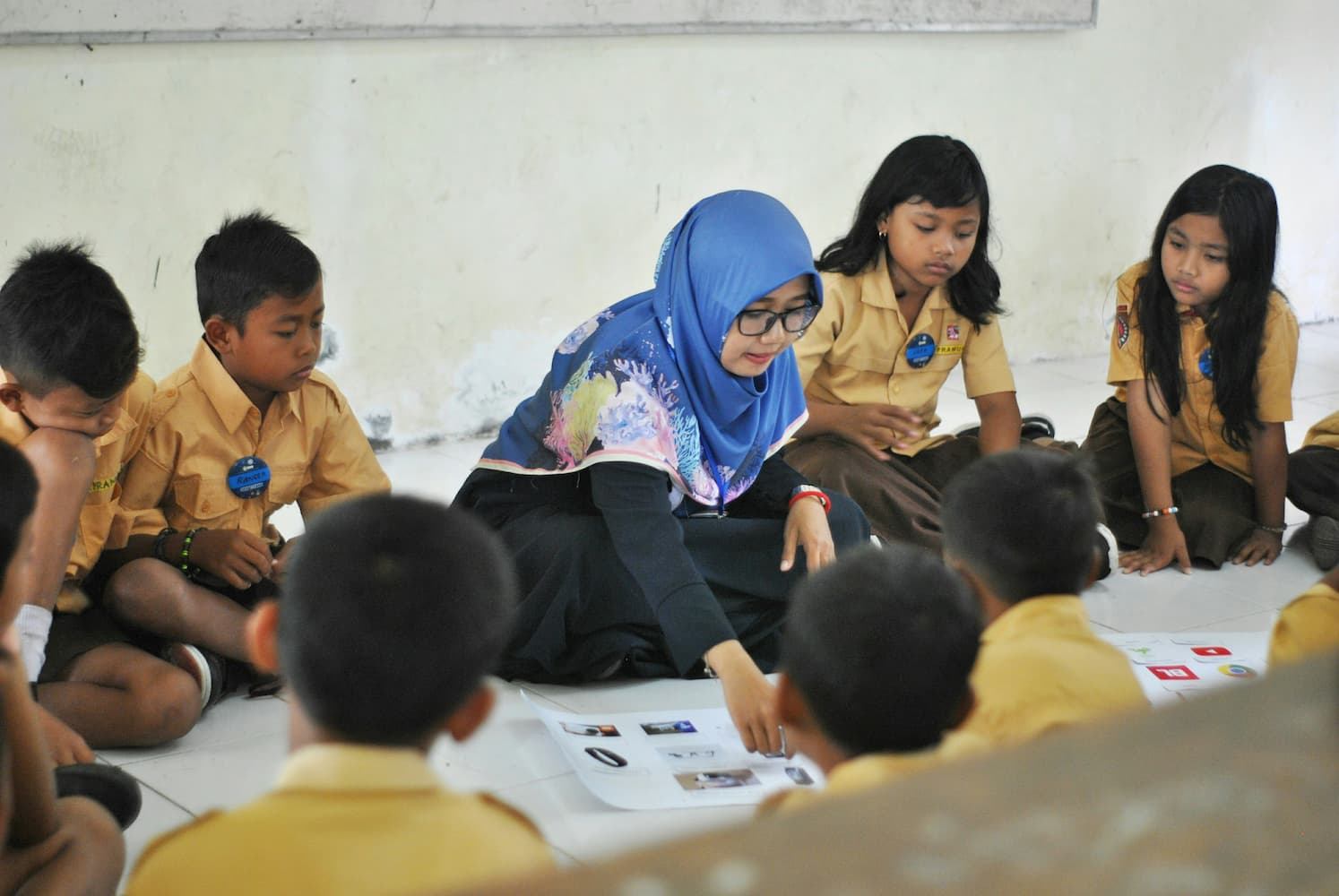
Who we are
A group of strategic partners, consortium partners, researchers, policymakers, practitioners and professionals working together.
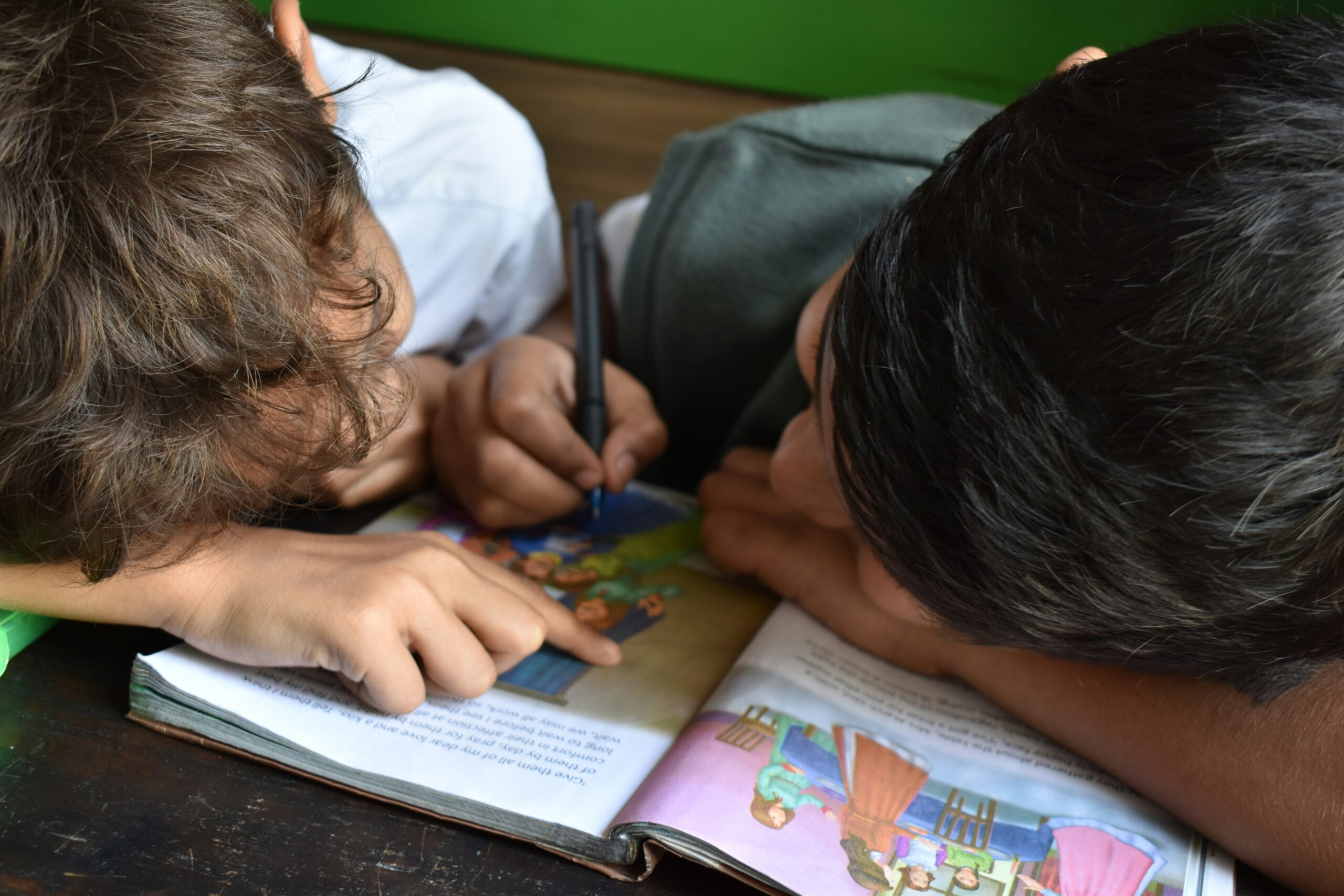
Get involved
Share our goal of literacy, numeracy and other key skills for all children? Follow us, work with us or join us at an event.
